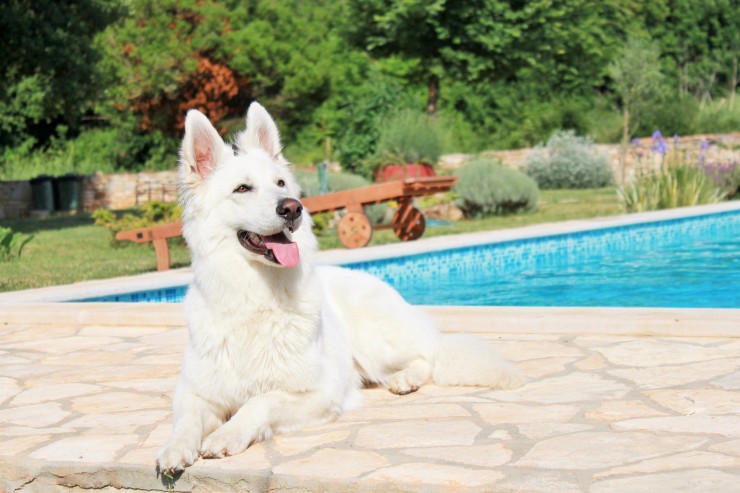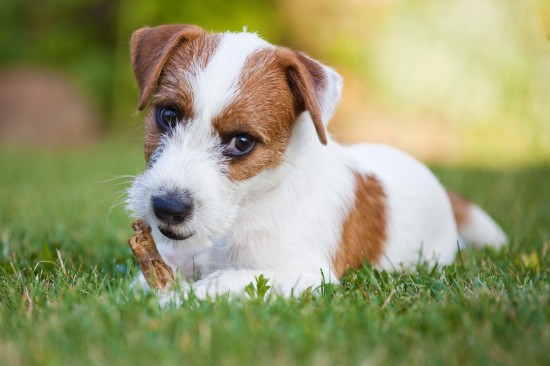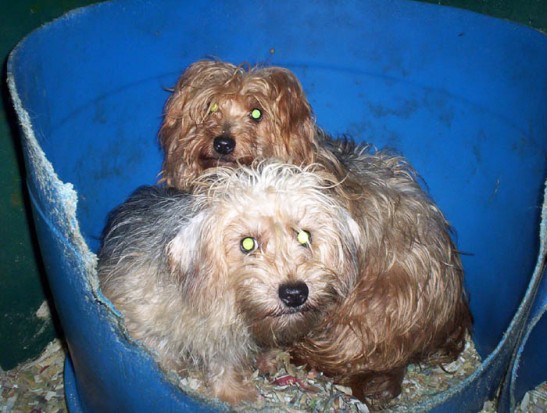
Biosecurity may be the most important factor to consider when starting your pig herd. It is important to buy sows and gilts (young female swine) that come from reputable sources to help prevent disease and other problems from entering the farm. The same holds true in you decide to purchase or rent a boar for breeding. Sharing pigs between multiple operations increases the potential for disease to enter into the operation. The profitability of keeping pigs on your farm will also need to be addressed.
If you cannot or do not want to deal with a pig, artificial insemination is certainly an option and even has some advantages: it minimizes disease risk, is convenient, and allows for the selection of superior genetics.Good reproductive management of your herd will be important to your success of breeding pigs. Genetics will influence important traits such as litter size, litter weights, growth rate, feed efficiency, back fat thickness, pork quality and structural correctness.
If you plan to farrow at specific time of year, you must consider the timing of when you breed your sows. The information that follows should help you make that timing decision. The estrous cycle in sows and gilts is the time between the onset of the next. The cycle length is normally 21 days but can range from 18 to 24 days. Length of estrus or heat, varies and may last from only 12 hours in gilts to 60 hours or more in sows.The average gestation length, or time from conception until farrowing is 114 days. During gestation, the piglet grows into a fully formed individual, weighing from 3 to 3.5 pounds.
Pig breeding requires research and good analytical skills when choosing boars and sows for breeding. Take some time to research on where to look for good pigs to buy, who to go to, and the equipment needed to facilitate good breeding. You may ask your favorite stores and businesses for referrals when looking for pig breeders. They will direct you to breeders who are known for their healthy and admirable boars, sows, and who are known to produce impressive litters all the time.
Remember to always keep the pens or stalls clean and free from worms or lice so that diseases won't spread from the pigs to the litters. You should also treat the mothers for these parasites before the litters are due to be born. You can clean the stalls regularly with a mild cleanser and wash the pregnant pigs gently once in a while before the piglets are born.
So keep these points in mind. You will find that learning about breeding pigs does not need to be difficult when you're learning from someone who have experienced. If you would like more tips on raising pigs and taking care of pigs, take a look at: www.howtoraisepigs.com
 One stop solution for all dog bed requirements
One stop solution for all dog bed requirements
One stop solution for all dog bed requirements
One stop solution for all dog bed requirements
 Tips And Advice For People Who Take Their Dogs On Holiday
Tips And Advice F
Tips And Advice For People Who Take Their Dogs On Holiday
Tips And Advice F
 What To Do If Your Dog Has Convulsions Or A Seizure
What To Do If You
What To Do If Your Dog Has Convulsions Or A Seizure
What To Do If You
 Puppy Farms - How And Why To Avoid Buying A Farmed Puppy
Puppy Farms - How
Puppy Farms - How And Why To Avoid Buying A Farmed Puppy
Puppy Farms - How
 How To Stop Your Dog Or Other Pet From Chewing On Your Power Cords
How To Stop Your
How To Stop Your Dog Or Other Pet From Chewing On Your Power Cords
How To Stop Your
Copyright © 2005-2016 Pet Information All Rights Reserved
Contact us: www162date@outlook.com